
2019 MAIZE Youth Innovators Awards – Africa Winners Announced
LUSAKA (Zambia) – The CGIAR Research Program on Maize (MAIZE) has officially announced the winners of the 2019 MAIZE Youth Innovators Awards – Africa. These awards recognize the contributions of young women and men under 35 who are implementing innovations in African maize-based agri-food systems, including research-for-development, seed systems, agribusiness, and sustainable intensification.
Award recipients will attend the upcoming Stress Tolerant Maize for Africa (STMA) project meeting in Lusaka, Zambia, May 7-9 where they will receive their awards and have the opportunity to present their work. The project meeting and award ceremony will also allow these young innovators to network and exchange experiences with MAIZE researchers and partners. Award recipients may also get the opportunity to collaborate with MAIZE and its partner scientists in Africa on implementing or furthering their innovations.
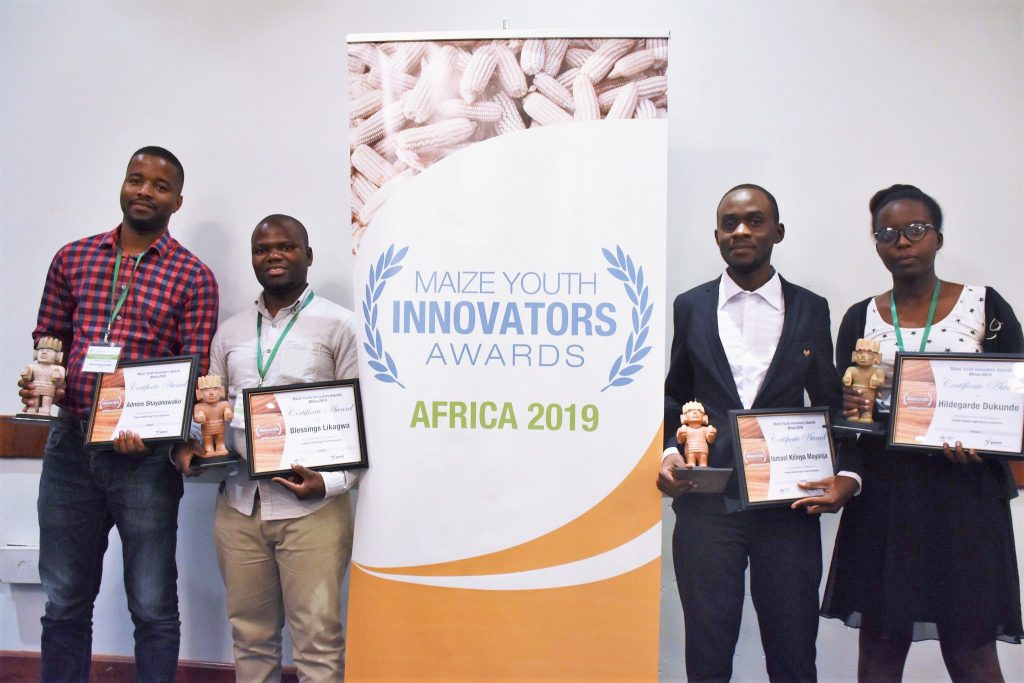
This year’s five awardees are:
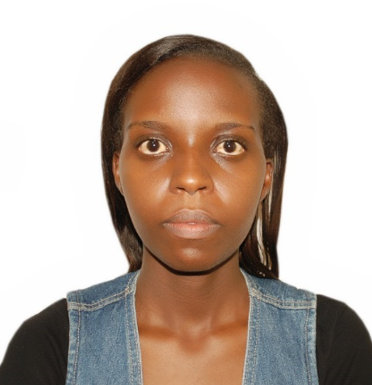
Hildegarde Dukunde
Rwanda
Category: Change Agent
Hildegarde Dukunde is a graduate in Human Nutrition and serves as a Sales Associate for Agrifood Business Consulting Ltd. She has been at the forefront of preventing aflatoxin contamination in Rwanda by helping smallholder farmers to access low cost post-harvest equipment, namely DryCard™ and Purdue Improved Crop Storage (PICS) bags. The DryCard™ is an inexpensive device developed by University of California Davis researchers for determining if dried food is dry enough to prevent mold growth and aflatoxin contamination during storage and reducing post-harvest losses.

Mila Lokwa Giresse
Democratic Republic of the Congo
Category: Change Agent
Mila Lokwa Giresse is the CEO of Mobile Agribiz. This company develops the Mobile Agribiz App, an innovative tool to enhance the pest and disease diagnostics of fall armyworm in maize. It uses artificial intelligence and machine learning to allow farmers to easily detect the pest across possible affected maize crops at any stage of the production cycle. The app aims to assist farmers, extension workers, and agribusinesses in democratic republic of Congo with early detection and accurate diagnosis. Through SMS and smart alert notifications, the Mobile Agribiz App provides farmers with constant reminders and real-time information on how to detect, manage, and address fall armyworm on maize.
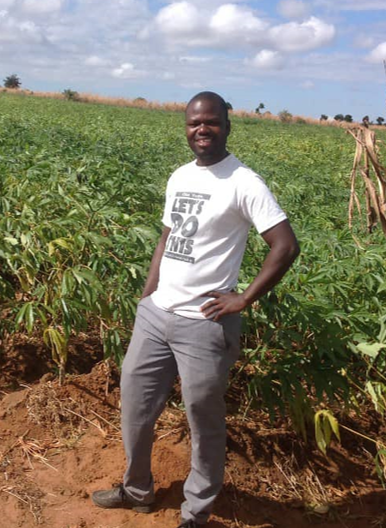
Blessings Likagwa
Malawi
Category: Farmer
Blessings Likagwa lives in Mtunthama, Malawi, where he works on his family’s farm. From a young age he has had an interest in farming and for the past eight years he has been involved in growing a variety of crops, especially maize and cassava. In the future he hopes to use his bachelor’s degree in Community Development and his interest in technology to help smallholder farmers in Malawi and eastern Africa adapt to the challenges of climate change and rapid population growth. Since 2018, in collaboration with UNICEF and Kyoto University, he has investigated how drone technology can improve agricultural performance and benefit Malawi’s smallholders.
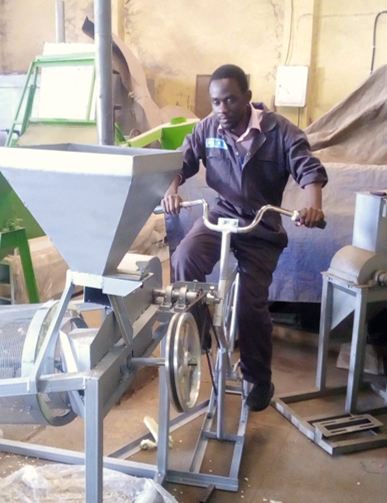
Ismael Mayanja
Uganda
Category: Researcher
Ismael Mayanja is a 2019 graduate of Makerere University with a Bachelor of Science degree in Agricultural Engineering. He is currently assisting research at Makerere University to ascertain and quantify post-harvest losses associated with transportation of agricultural produce in the markets of Kampala district, Uganda. His primary research interest lies in post-harvest handling and technology, motivated by the reported 40% post-harvest loss of agricultural produce by farmers in sub-Saharan Africa.
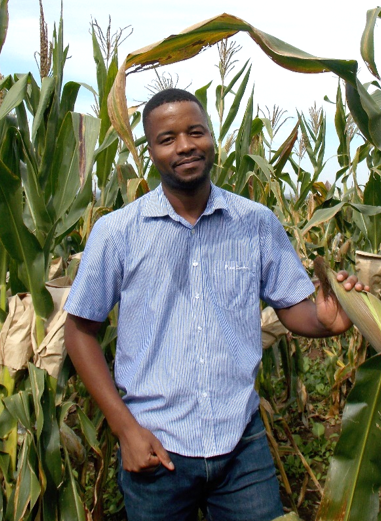
Admire Shayanowako
RSA
Category: Researcher
Admire Shayanowako is a researcher at the African Centre for Crop Improvement (ACCI) – University KwaZulu-Natal. His research focuses on the parasitic weed Striga, also known as witch weed, which causes severe crop losses to millions of small-scale African maize farmers. The goal of the project is to combine breeding for Striga resistance in maize with a soil fungus, Fusarium oxysporum f.sp. strigae (FOS) that is highly specific in its pathogenicity to Striga. The breeding approach aims to develop at least partial host resistance in open pollinated maize germplasms that are adapted to the semi-arid regions. When partial host resistance is augmented with biological control agent FOS, parasitic effects of Striga decline overwhelmingly. Currently, the breeding component of the research has embarked on identification of quantitative trait locus (QTL) controlling Striga resistance in maize through genomic based approaches.
2019 MAIZE Youth Innovators Awards, Africa, innovation, MYIA 2019, youth, Youth Awards
